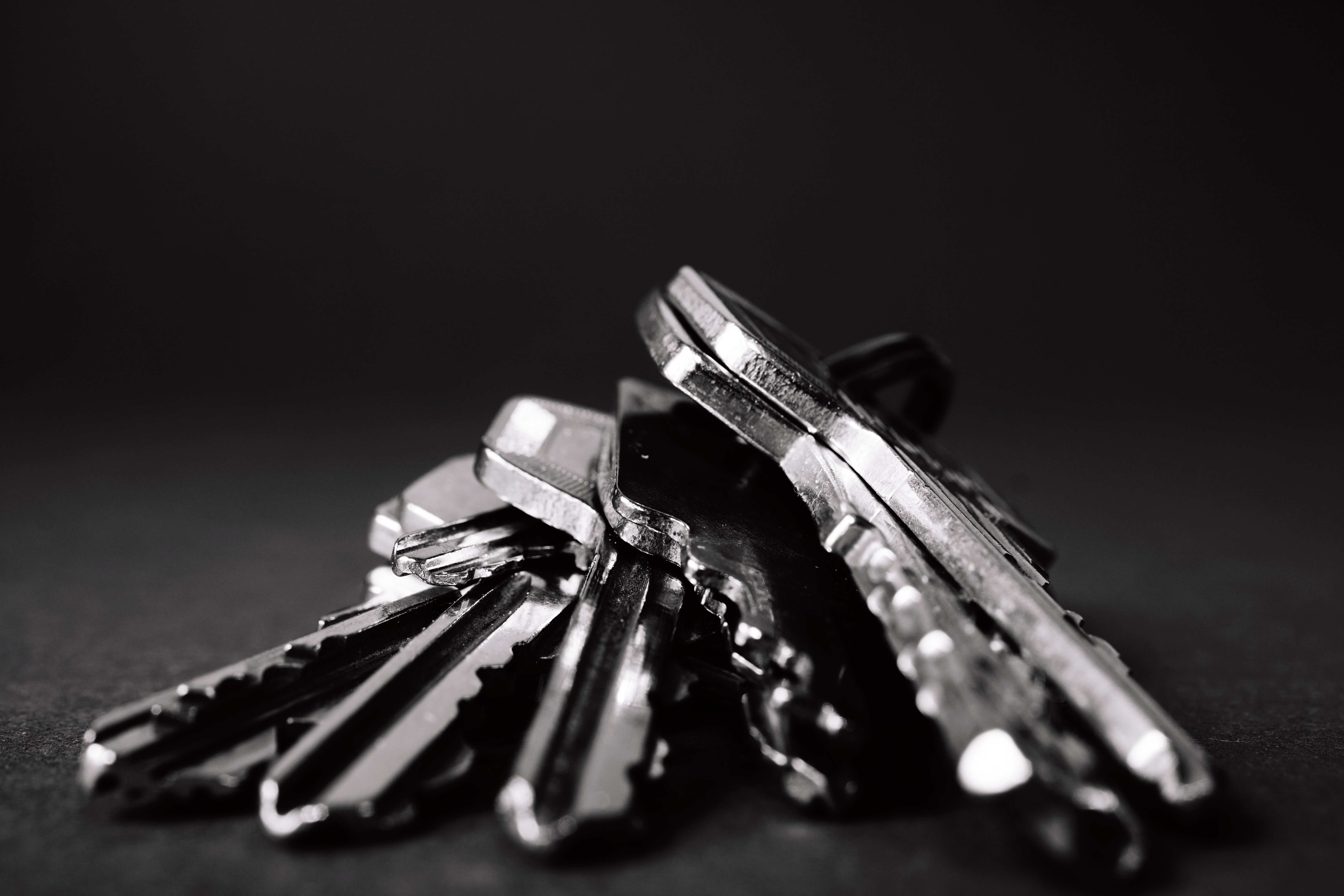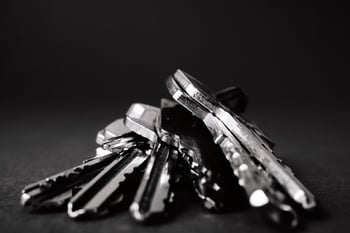Intersection of Contact Centers and AI: A Win for Customers and Agents
In the modern business world, the contact center is the frontline of brand reputation, and customer expectations are higher than ever. They want...
2 min read
![]() CallTower Blog Team
:
Oct 18, 2018 9:33:00 AM
CallTower Blog Team
:
Oct 18, 2018 9:33:00 AM

 Wifi is one of the greatest accessibility innovations in the last thirty years and today, almost everything runs on a wireless internet signal. Employee laptops, phones, tablets, and smart office devices are only the beginning. Many high-tech offices have a variety of gadgets and devices that connect to the wifi, not to mention providing a convenient internet signal for visiting clients, business partners, and guests.
Wifi is one of the greatest accessibility innovations in the last thirty years and today, almost everything runs on a wireless internet signal. Employee laptops, phones, tablets, and smart office devices are only the beginning. Many high-tech offices have a variety of gadgets and devices that connect to the wifi, not to mention providing a convenient internet signal for visiting clients, business partners, and guests.
Unfortunately, this also leaves your business network open to anyone who connects to your wifi network. From employees with accidentally infected mobile devices to hackers trying to access your router to access confidential files, your wifi security is a vital part of overall data protection. Here are four ways to secure your business wifi network that any company can enact with the help of a good IT team:
No matter how good your firewalls are, authorized employees with your wifi password will still have access. Of course, this also means that anyone with the wifi password has access to your private business network. Guests, visiting contractors, and even people who might mean your company harm. Dismissed and disgruntled employees and hackers who stole the password could return to the building long enough to release a virus onto your network.
The way to prevent these unauthorized accesses is to change the password regularly and alert current employees. While monthly password changes may be too frequent for healthy productivity, bi-annual or annual changes are practical and will cycle out access for anyone who was given access long ago.
Direct access to your wifi router is even more dangerous than simply logging into your wifi network. Access to the router can provide a hacker direct control over network settings, security, and even access to individual connected devices. The router can either be logged into using the correct IP address from a connected device or physically by being able to touch and manipulate the router itself.
Secure your router both physically and digitally. First, make it impossible for unauthorized personnel to touch your router. This may be difficult if it must be placed in a prominent position to provide clear signal, but a locked box or a ceiling mount in plain sight of the entire office are both workable solutions.
You also need to update your admin login credentials along with your regular wifi password. Many office leave their admin credentials in default settings, defaults hackers know about. Ensure that your admin credentials are unique and impossible to crack.
It's a good business practice to provide your guests with wifi internet access. This allows them to check their email and remain occupied while waiting for an appointment, access their work materials for a shared meeting or presentation, and save on phone or hotspot data plans. However, you don't want just any unsecured guest to access your private business network along with your proprietary and confidential information and work product.
This is why the best way to offer guests wifi is with a separate secured network protected by a strong firewall. Whether they access risk sites, have viruses hidden on their devices, or are actually malicious hackers, you are protected.
Speaking of infected devices, it's important to be aware that the modern internet is full of opportunities to accidentally download a virus or malware program. Infected websites, phishing emails, downloads with malware riders, these things can happen to anyone even if they are trying to be careful.
When employees take their mobile devices home or use them for personal web surfing, they can become infected. Then when the device connects to your private wifi network, the virus may spread. It's a good practice to periodically scan employee devices for viruses and fully clean any company provided devices just to be safe.
Whether your company runs on wifi or simply provides it as a courtesy, your wifi network is a potential avenue for both hackers and opportunistic automated malware. Be careful to separate hackable smart home devices and guest access onto separate secure networks, update your passwords, and keep an eye out for sneaky programs that try to slip in on employee devices.
CallTower has tools to keep your network safe, secure and streamlined. If you'd like to learn more, please schedule a consultation for our CT Cloud Boost solution:
In the modern business world, the contact center is the frontline of brand reputation, and customer expectations are higher than ever. They want...
Choosing the right contact center solution can feel like a monumental task. The platform you select is like the central nervous system of your...
1 min read
In the rapidly changing world of modern business, having the right Unified Communications as a Service (UCaaS) and cloud-calling services can make...